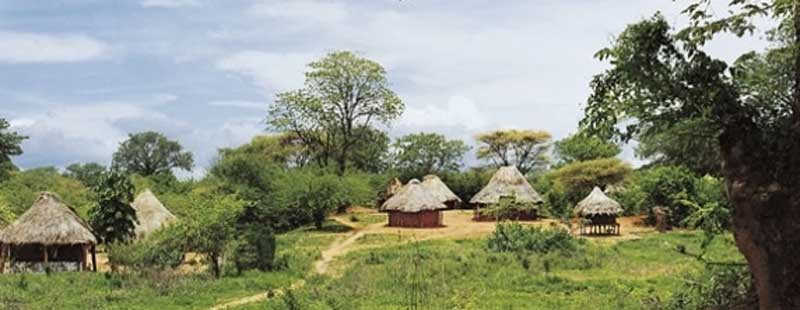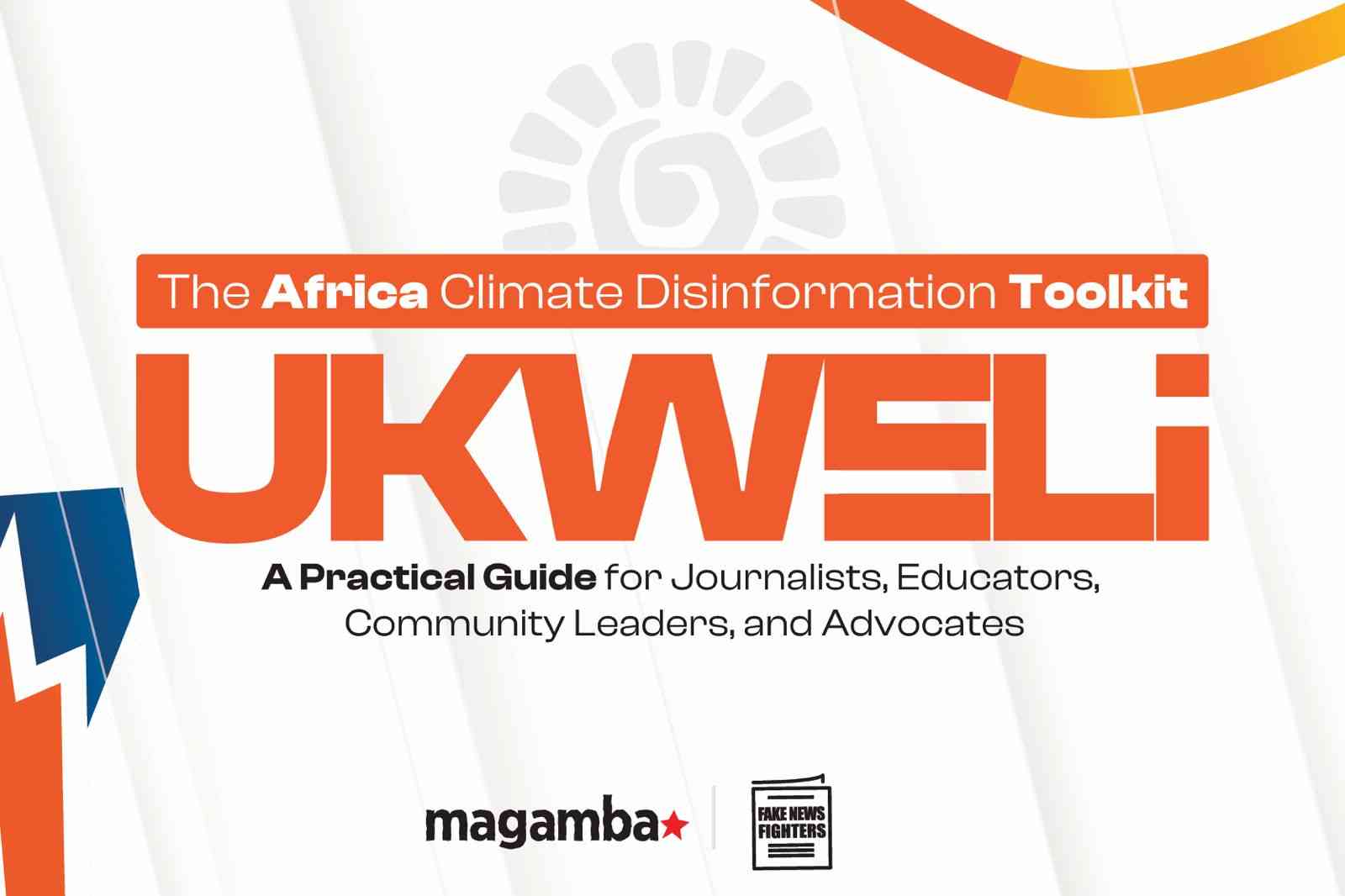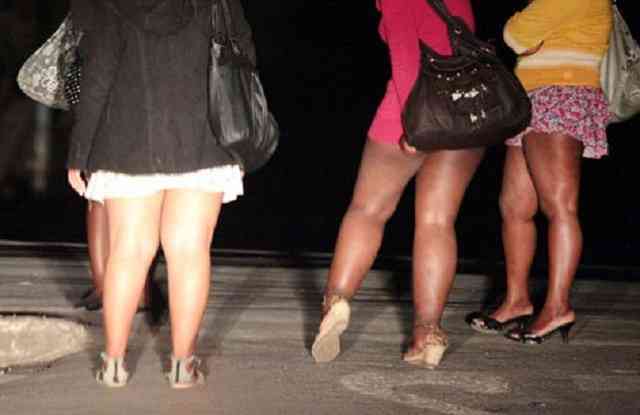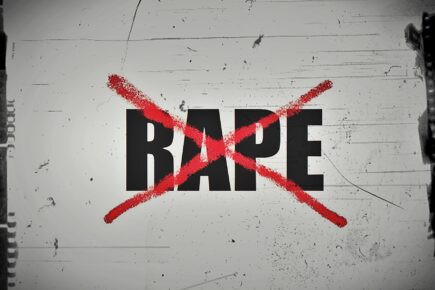
Ever thought you could risk your life in order to stay alive?
It is quite a paradox, and this is exactly the case here for some villagers from Chapoto and Mariga villages in the Kanyemba area which sits on the edges of the Zambian and Mozambican border with Zimbabwe, about 400 kilometers from the capital, Harare.
Typical of a community abandoned by its own government, the Kanyemba people now rely on neighbouring countries for services and all.
They often have to walk 20 km and cross the treacherous Zambezi River to access Luangwa, a rural outpost in Zambia.
As if their lives can never get any worse, the people of Kanyemba live in a safari area where wild animals of all kinds roam free, and this makes the journey to Zambia a date with fate.
So, the journey to Luangwa, which the sick, the pregnant and hungry make, is always filled with the overhanging fear of the often-happening attacks by wild animals.
In order to cross the Zambezi, the villagers use the most rudimentary and unsafe of all modes of transport – canoes that are either manually powered, or have been modified by mounting an engine at the back.
Across the river, they are met with Zambian officials, who – over the years – have had to accept Zimbabweans as poor cousins.
- Kanyemba: Risking lives to stay alive
Keep Reading
From the sand habour at Luangwa, Zimbabweans shuttle to Luangwa Clinic, Luangwa Hospital or Katondwe Mission Hospitalwhere they get a chance to experience what they believe is world class treatment, for a fee, of course.
For the villagers in Kanyemba, saving their lives implies taking the great risk to cross the Zambezi.
On one Friday morning in September, 51 year old Constance Mutuvira, who is a diabetic patient, woke up at 4 a.m and in the company of her daughter braved it out and began the journey to Zambia by foot.
Three hours later, having been lucky not to meet any wild animals on the way, Mutuvira, found her way to Luangwa Clinic, and got attention for a consultation fee of 100 Zambian Kwacha, which is equivalent to US$6.
“I got the treatment I needed, and while the journey is challenging, it is worth it because here on the Zimbabwean side, we do not have adequate healthcare centres,” said Mutuvira.
For Mutuvira, getting medical treatment is a risky and painful process that she has had to live with for a number of years.
“Whenever I need to go for treatment or medical check-ups at Luangwa clinic in Zambia I have to wake up as early as 4am and in some cases, I go with my daughter since this is a dangerous journey,” she said.
“We encounter a number of wild animals along the way and it is by the grace of God that we are alive since a number of people have been killed or injured by wild animals.
“When we reach Kanyemba border post, we pay a dollar to the boat (canoe) crews to cross the Zambezi River and the charge is the same on our way back.
“Crossing the Zambezi River using canoes is yet another risk that we have become used to.
“We are desperate and there are no other options for us except to take the risk to go to Zambia.
“On our way back we often reach home at night and this again is a great risk for us as we will be vulnerable to attacks from wild animals.”
In Chapoto and Mariga areas, there are only two healthcare centres, a polyclinic at Chapoto and a health centre at Mariga to cater for an estimated population of more than 3 700 villagers.
The clinic at Chapoto has no doctor and is manned by two trained nurses and one nurse aide.
The clinic is often out of medication and quite often, they have to refer patients to the Luangwa clinic in Zambia.
The healthcare centre at Mariga village, the area of the Doma people, is manned by a single nurse-aide, who only has capacity to treat simple ailments.
An estimated 400 households depend on the Mariga healthcare centre, which has no capacity to admit patients.
Victims of human wildlife conflicts, pregnant mothers and other patients who visit Mariga clinic are often referred to Chapoto clinic, a distance of about 10 km where they will be also be referred to Luangwa clinic which is located about 4 km after crossing the Zambezi River into Zambia.
During the rainy season, villagers from Mariga village are cut off from Chapoto clinic as Mwazamutanda River, which connects them with the health center, is often flooded.
The situation is bad for critically ill patients and pregnant mothers.
Zviyemuro Dumba recalls the day when she felt labour pains during the night and went to Chapoto Clinic where she was referred to Zambia after she had developed complications.
Her situation was made worse by the fact that she had to embark on the 20 kmr journey to Kanyemba on foot during the night when wild animals would be roaming around.
And on top of this, immigration officials do not allow villagers to cross the
Zambezi River after 6pm and boat crews often charge more to transport people at night.
“My husband and his colleagues had to be brave and we travelled during the night and upon reaching Kanyemba border post, they had to plead with immigration officials who allowed us to cross the Zambezi River and I was admitted at Luangwa clinic,” Dumba said.
“I stayed there for about four days and was later referred to Katondwe Mission Hospital.
“I had no money to pay for the ambulance services and I had to plead with officials to allow me to pay later and I was lucky that they agreed.
“During my stay in Zambia, my husband would borrow a bicycle that he used to bring me food.
“When I gave birth I could not pay my medical bills and my husband offered to do menial jobs at the clinic to clear the debt and his offer was accepted.”
When she was discharged, Dumba was lucky to get free transport across the Zambezi back home and at the immigration office she met a well-wisher who offered to transport her back home.
She considers herself lucky as some pregnant mothers give birth along the way to Zambia or have to seek the help of traditional midwives.
Despite the fact that medical treatment in Zambia is cheaper compared to the Zimbabwean side, the majority of the Doma (from Mariga Village) and Chikunda (from Chapoto village) people are poor and cannot afford to settle their medical bills.
They consider themselves lucky that Zambian authorities are aware of their plight and in some instances; they are discharged without paying or are made to do menial jobs to clear their debts.
So lenient have been the Zambian authorities that in some cases, they offer free food to Zimbabwean patients.
In some cases, the villagers from Chapoto and Mariga villages travel to Zambia penniless praying and hoping that their plight will be understood across the Zambezi.
The canoe/boat crews have come to understand the plight of the villagers as well and in some cases, they offer free transport to patients.
Bigboy Chinembiri is a village head from Chapoto village who operates his boat on the Zambezi River and says that in most cases, he has to transfer patients for free as he is aware of their plight.
“I am fully aware that my fellow villagers are very poor and in cases where patients want to cross to Zambia, I transport them for free,” Chinembiri said.
“We encounter a lot of those cases and some would not even have money to pay at the Zambian clinics.”
The nearest hospital for the people of Chapoto and Mariga villages is Chitsungo Hospital, located some 120 kilometres away.
Due to high transport costs, villagers from Chapoto and Mariga villages are unable to travel to Chitsungo Hospital.
High costs of treatment and lack of medication has also forced the villagers to shun Chitsungo Hospital.
In search of more interviews, we had to embark on the risky journey across the Zambezi to Zambia.
Officials from Luangwa clinic confirmed an influx of Zimbabweans at the health institution and highlighted that in some cases, they have to refer patients to Luangwa Hospital or Katondwe Mission Hospital.
"A number of them are failing to pay for their medical bills and we treat them for free after which they or their relatives will offer to do menial jobs to clear their debts.
“But in some cases, we just credit them and discharge them without paying anything.
“In some of the worst cases, we even offer the patients free
food," said an official at Luangwa clinic who requested anonymity.
A Zambian national residing in Luangwa district, Derrick Lungu confirmed the influx of Zimbabweans seeking medical treatment..
"We have a number of Zimbabweans that come here on a daily basis seeking medical treatment,” Lungu said.
“We treat them just as our fellow countrymen and some of them get assistance in the form of food and transport.”
It also came out that some businesspeople from the Zimbabwean side were crossing to Zambia to buy cheap drugs for resell back home.
Christmas Kachasu, a local councillor, pleaded with the government to ensure that villagers from Chapoto and Mariga villages have access to quality and affordable medical treatment.
“We are appealing for more health centres and more health personnel so that our people do not have to travel long distances to Zambia in search of medical treatment,” Kachasu said.
“There are costs and risks associated with the journey to Zambia hence our plea to the government,”.”
According to a health volunteer, Beauty Njanji, lack of access to quality and affordable health care for the Doma people is reversing gains that had been made in encouraging them to seek medical treatment.
“The Doma people used to shun medical institutions and would rely on traditional methods for treatment for whatever ailments but we embarked on several campaigns to encourage them to seek medical treatment,” Njanji said.
“However, the fact that they are failing to access medical treatment locally is pushing them to resort to traditional practices.”
Traditional leaders from Mariga village echoed the same sentiments and called for government intervention.
"Access to medical treatment remains a major challenge for us the Doma people and we are appealing to the government to establish more health centers in this area,” said village head Simba Gunyungo.
Another traditional leader, Regy Mariga said it was unfortunate that a number of people from the Mariga area had died on their way to Zambia to seek medical treatment.
Access to quality and affordable health remains a major challenge in Zimb abwe and the situation is quite dire in remote and marginalised areas of the country.
Underfunding of Zimbabwe’s health institutions has seriously compromised citizens’ right of access to quality and affordable health care.
*Go to ZeemTV YouTube account for a full documentary on the struggles of Kanyemba people in accessing health care.











